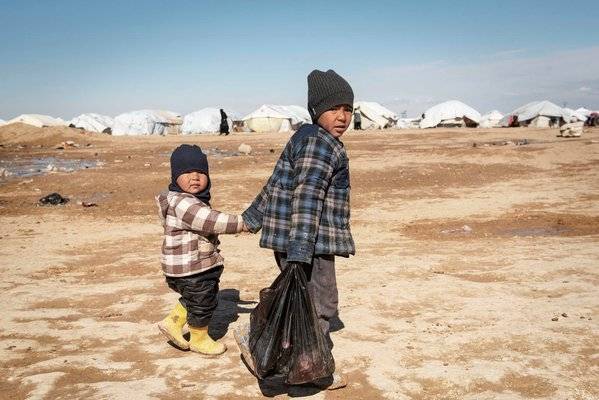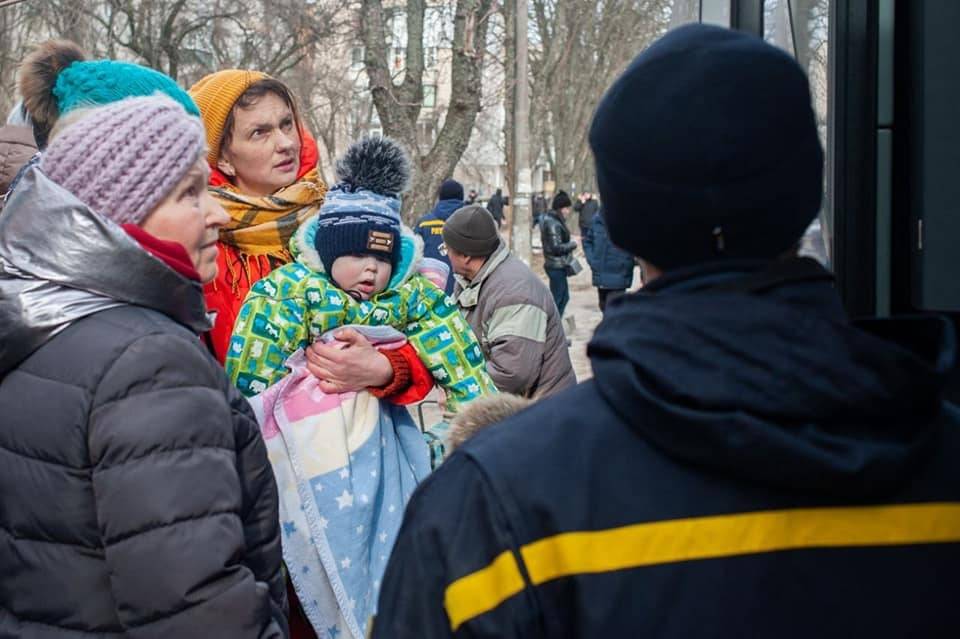
Systematic human rights violations, especially against the minority communities, in Pakistan spur rethink on UK’s Aid to Pakistan… writes Anasudhin Azeez
After a year-long inquiry into the UK’s Official Development Assistance (ODA) to Pakistan, focused on examining whether London’s aid was indeed reaching communities most in need, the House of Commons’ International Development Committee finally published its Report on April 29.

A number of searching questions have been thrown up by the exercise. Notably, though Pakistan was the largest recipient of the UK’s ODA during 2015-2019, it dropped six places in 2020 and was relegated to the seventh largest recipient, with £200 million in 2020 against £463 million in 2016. While this reduction is partially attributable to the economic impact of the Covid-19 pandemic, it is also a reflection upon Pakistan’s persistently shoddy human rights record.
The Report observes that the UK’s aid programmes in Pakistan are geared towards supporting the development of an open society, which does not always fit with the policy objectives of the local government. However, this is a key objective of the UK’s development policy, viz. supporting other core elements of development work in Pakistan, such as improving opportunities for women & girls and minorities, including education. However, despite education being the largest recipient sector of UK aid, with £46 million in 2020, forty percent of school-age children in Pakistan remained permanently out of school – a staggering figure of 22.8 million children.
Girls face increasing cultural barriers in accessing education in Pakistan. This remains a chronic governance issue in the country, notwithstanding the World Economic Forum having ranked Pakistan 151 out of 153 on the Gender Gap Index. Women have lower participation in the workforce at 22% compared to 82% for men. Women occupy as little as 4 – 5% of managerial jobs and also occupy 90% of the lowest paying jobs in Pakistan. Persons with disabilities too, suffer systematic discrimination in Pakistan and continue to face challenges, including in access to education.
The Report was also critical of the overall human rights environment in Pakistan, citing Human Rights Watch which has highlighted that NGOs and their staff have experienced “intimidation, harassment and surveillance” in Pakistan in 2020. Further, restrictions on NGOs/INGOs are impacting aid delivery programmes of many donors. Similarly, growing religious intolerance is another area of grave concern. In 2020, there was an increase in criminal charges brought about by the State under its notorious blasphemy laws, with at least 199 being thus accused, the disproportionate impact of these laws being faced by religious minorities. The Report observes that blasphemy laws are frequently misused to settle personal disputes and to target religious minorities. Frighteningly, accusations of blasphemy are often not supported by adequate evidence and can lead to violence towards the accused and his or her family.
During the course of the Committee’s inquiry, Javaid Rehman, Professor of International Human Rights Law at Brunel University, underscored that there had been a systematic and systemic erosion of the rights of minorities and the right to freedom of religion or belief in Pakistan. Further, religious extremist political parties continued to witness a rise in popularity. The Committee also heard several critics who expressed concern about the portrayal of religious minorities in schools and the national curriculum.

Some textbooks reportedly contain discriminatory messages. Concern was also expressed over the “amount of Islamic religious content in compulsory non-Islamic subjects” in its ‘Single National Curriculum’ to be effective from 2023 and its possible implications for religious minorities. Prof. Rehman bluntly called out the “scandalous misspending” of UK aid to Pakistan. He urged MPs – “We cannot give aid to a country that intentionally violates the rights of women and religious minorities. We cannot give aid for the sake of it. The money is valuable and we have to spend it on the right purposes.” Another academic who voiced a similar opinion before the Committee was Professor Mariz Tadros, Director, Coalition for Religious Equality and Inclusive Development
Women and girls from religious minorities face intersectional and compounded issues. Further, women from religious minorities who wear clothes unique to their religious and cultural background are experiencing targeted harassment. In addition, women and girls from religious minorities face abduction, trafficking as well as child & forced marriage. The Report noted that the majority of forced conversions involved women & girls from religious minorities, coerced into marriages and conversion to Islam.
The Report has also highlighted about numerous challenges faced by civil society in Pakistan which results in undesirable compromises being made in the delivery of aid programmes, and the human rights situation in Pakistan remains “extremely challenging”. The Committee’s Report has now caused a flutter in Islamabad, which has constantly endeavoured to mask its dismal performance in the human rights sphere, and its abysmal governance record. A matter of persistent concern for Islamabad is the endorsement by the House of Commons of the Foreign, Commonwealth and Development Office’s designation of Pakistan as a ‘Human Rights Priority Country’ and its recommendation that Pakistan continues to be designated as such.


